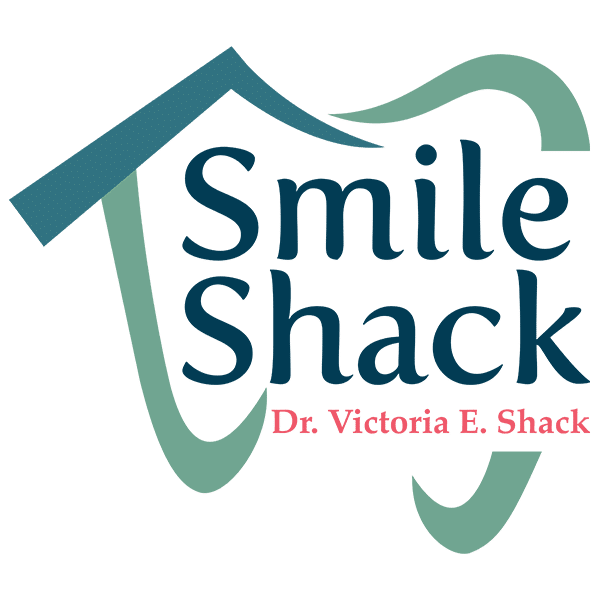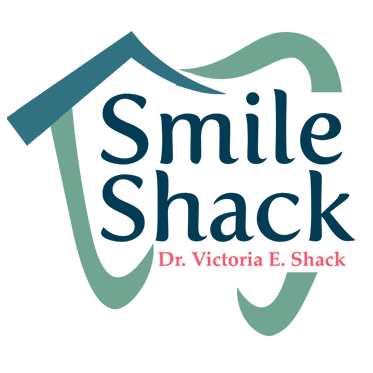If you find a tooth extraction is necessary for your dental health, you’re probably wondering just how long it will be until you can eat again after the extraction.
While the answer usually depends on the guidance given by your dental team for after-care, there are some basics about when you can eat and what you should eat, too.
Guidelines for Eating After a Tooth Extraction
Usually, the guidelines your dental team will provide for you includes what and when you should eat and drink after your extraction takes place. Most commonly, diet recommendations suggest liquids and very soft food only on the same day as your surgery, followed by transitioning to your regular diet in a day or two, although there are a few exceptions.
However exactly when you can eat depends on both the type and extent of the extraction you’ve undergone.
So, how soon you can begin to eat or drink after an extraction really depends on your specific surgery. Your dentist will provide that information, but the short answer is that you should be able to eat within a few hours after your surgery.
Then, a few hours after the extraction you can have foods such as:
- Liquids
- Soft foods requiring little or no chewing
What kind of soft foods? Good choices include:
- Ice cream/pudding
- Cold Soup
- Jello
- Smoothies
Straws Should Be Eliminated
One definite no-go is using a straw when drinking any liquids following an extraction. This is because the suction a straw creates could dislodge the healing blood clot that is covering your extraction wound. If that happens, you could experience delayed healing as well as more pain and bleeding.
It’s also important to avoid hot liquids such as very hot soup, in the first days after surgery. Heat could also loosen the clot, increase blood flow and increase bleeding.
Add Additional Foods on the 2nd or 3rd Day After Extraction
On the second or third day after your extraction, although you should continue having liquids and soft foods as much as possible, you can also start to add other kinds of food - just avoid chewing on the side of your mouth where you had surgery.
Also, keep foods soft, so that you won’t have to chew a great amount, to avoid food particles staying in your mouth that could impact healing.
Avoid Drinking Alcohol
One thing you shouldn’t drink is alcohol for at least 24 to 48 hours after surgery. Alcohol can interact with any prescribed post-extraction medications, and additionally, it can also delay healing.
Healing Will Continue for 1-2 Weeks
Healing will continue for approximately one to two weeks after surgery. During that time, as much as possible, you should avoid chewing any food on the site of the extraction, so you won’t disrupt healing. However, you can start to transition to most of your usually consumed foods, simply chew carefully.
A few exceptions however: do avoid spicy or acidic foods until your extraction site is healed completely, so you won’t irritate the extraction site. Also, do avoid any food choices that are crunchy or sticky. These food types can dislodge the healing clot if chewed close to the site of the extraction.
Good Oral Hygiene Will Help You Heal
Along with the foods you eat, good oral hygiene is extremely helpful for healing post-extraction. Just be sure to follow your dental team’s guidelines before starting your regular daily dental care.
Are You Ready to Learn More About Extractions?
If you’re ready to learn more about extractions, or if you’d like to make an appointment, just reach out to us today! At Smile Shack, we’re here to help.


